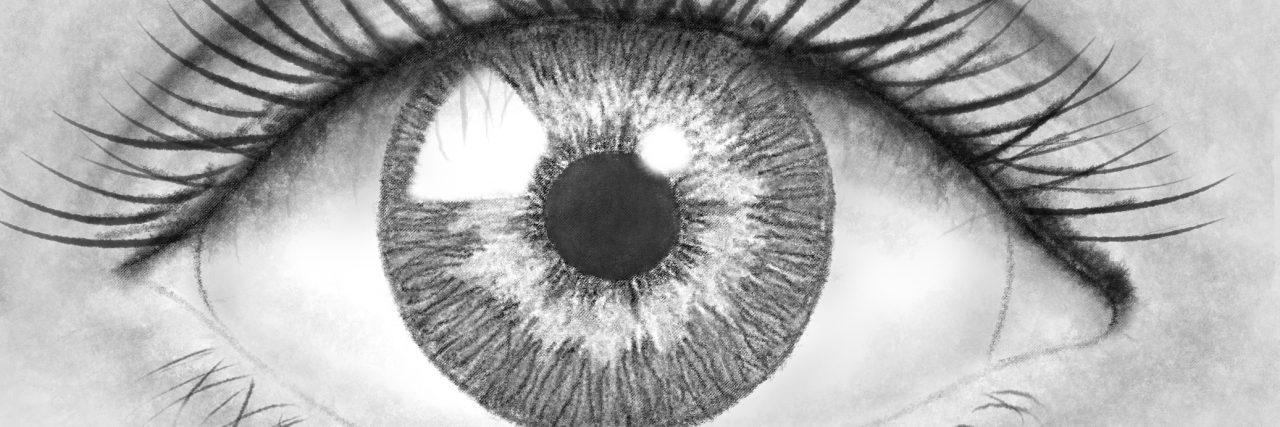Yesterday I fell asleep in a bathroom stall. One moment I was trying to hide from colleagues, the next, I was waking up from a 30-minute slumber. I was tired, and this made me scared.
The last time I fell asleep in a bathroom stall was just over two years ago. It was a rough year, full of crying and self-doubt. The bathroom became my safe haven; in the
bathroom I could hide from my boss and find some sort of piece in the office. That day I had walked in intending to spend a few minutes to regain my composure and then go back to my desk. An hour later I was picking myself up from the floor. I had fallen asleep: my body’s first warning that I was “tired.”
What soon followed were days of fighting to go to work. The moment I stepped out of the shower, my body was ready to go back to bed. It was as though my mind and body fell out
of sync. My mind was racing, painting pictures of death and depression. My body was slow and calculating, as though preserving energy for a fight to come. With seemingly no warning, I found myself in the midst of a major depression. My fatigue: a sign an episode was fast approaching.
Even with this knowledge at hand, I still find it difficult to express the idea of an approaching episode. I still say “I’m tired” or “I need to sleep early today,” instead of
saying I’m afraid. I’m afraid I am fast approaching the drop in the roller coaster called bipolar II disorder. I’m afraid my voice will become trapped behind the walls my mind builds. I’m afraid this time I might give up fighting and let the illness win.
If you or someone you know needs help, visit our suicide prevention resources page.
If you need support right now, call the Suicide Prevention Lifeline at 1-800-273-8255.
Image via Thinkstock.

